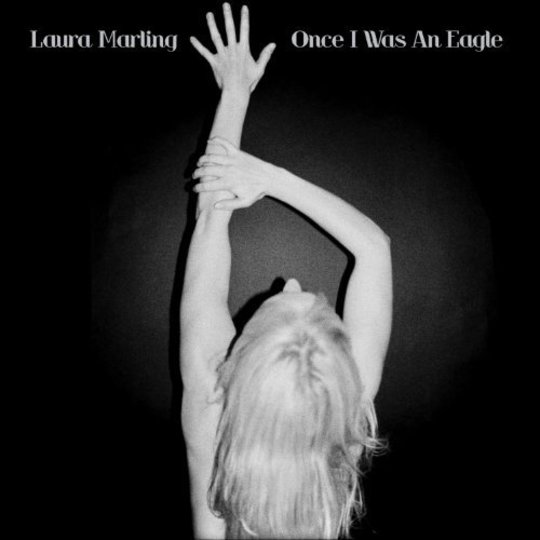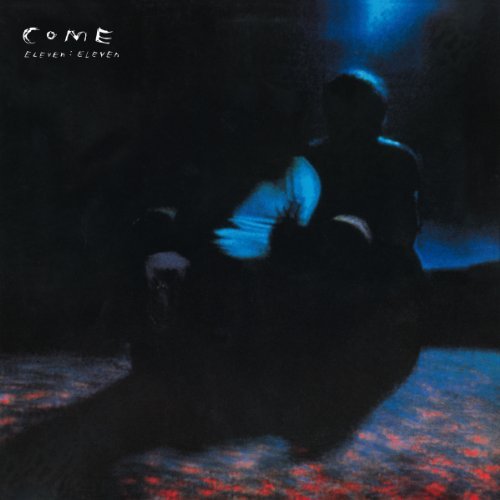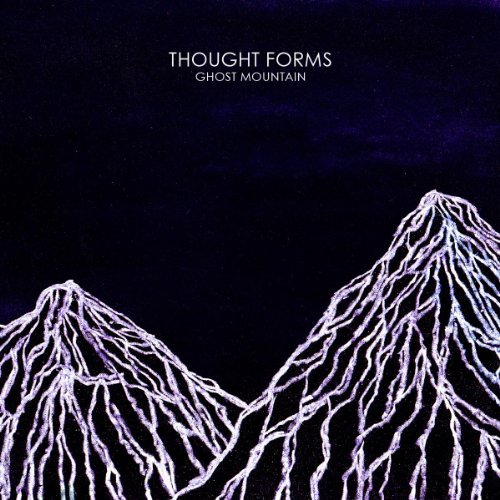In anything you write about Laura Marling, there’s two things you should try to avoid mentioning, that are actually really hard to ignore. First of all, that she came from the same crowd as Mystery Jets, Noah & The Whale, The Vaccines and Mumford & Sons. Not that Marling is so different from these bands – they obviously share a bunch of influences, and some of them have eclipsed Marling in terms of sales and chart significance.
It’s more that Marling seems to have developed so much quicker from a musical point of view, into someone that can genuinely be described as one of the most interesting artists in their field – confident and daring enough to open their latest album with a four song suite that swoops and dives in on itself thanks to a raga-inspired open tuning, drawing on Joni Mitchell, Roy Harper and Ryan Adams but still with its own voice, before turning the same musical fabric into the more forceful ‘Master Hunter.’
The second point that always gets mentioned about Marling is her age – she’s 23 now, and Once I Was An Eagle is her fourth album. Does it really matter how old somebody is if they’re writing good songs? Not really. It’s just something of a shock sometimes, when you hear something so mature, to be reminded of how precocious the author still is. Marling has probably been described as ‘mature beyond her years’ more times than she’d care to remember, but it seems to take on a slightly different description of her on this record – more sensual, more confident, more questioning of the men who appear in her songs and their motives. When she nods to Dylan with a sly “No, it ain’t me babe” before suggesting that she “doesn’t stare at water any more/Water doesn’t do what it did before” over ‘Master Hunter’’s rattling rhythm, Marling sounds like she’s been doing this kind of things for decades, slaying those before her with a savagery and sass that’s not been displayed before.
That’s a lot of words devoted to the opening five tracks of Once I Was An Eagle, especially when you consider that they’re essentially the same few chords whipped into slightly different shapes. But that sequence inspires so much of what follows, and eventually comes to over-shadow it, that it’s impossible to ignore how powerful it feels.
Indeed, the record almost draws to a halt immediately afterwards, the dark fingerpicking of ‘Little Love Caster’ and the stirring ‘Devil’s Resting Place’ offering a deep breath after the incessant build and release that proceeded. There’s even a pleasant but wholly unnecessary ‘Interlude’ to mark the break in the two halves of the record, in case the change in mood wasn’t clear enough already.
There’s definitely still some fine moments in what follows – there’s certainly plenty more of everything in a record that stretches towards the hour mark – but it never quite reaches those early heights again, which are possibly as high as Marling has reached in her career thus far.
‘Undine’ is a great showcase for Marling’s increasingly confident guitar style, a straight folk fable enlivened by some fantastic Bert Jansch-style licks, while the following ‘Where Can I Go?’ heads back across the Atlantic to evoke the spirit of Ryan Adams’ Gold (no surprise with Ethan Johns producing). To claim that the rest of what follows is a little Marling-by-numbers might seem a little harsh, and also a little ignorant of what they might reveal after a greater period of time spent in their company. However, it is fair to say that they all showcase the full range of Marling’s talents, each containing moments of real beauty (the soulful organ that whips around the chorus of ‘Once’, the slow build of the closing ‘Saved These Words’) but never feel as vital or attention-grabbing as what proceeded.
Whether this confident slab of a record will have any effect on the fortunes of Laura Marling is debatable – it’s a shoo-in for a Mercury nomination, and will probably increase the size of concert hall she can fill – but what it might do for the artist herself is more interesting. To create something so ambitious and interesting almost single-handedly, and to already sound ready to head off to the next level, would give anyone a massive boost of self-confidence and drive to see what else they could achieve. It’s definitely something that should be applauded – no matter how old the author is, and who she used to be friends with.
-
7Aaron Lavery's Score






















